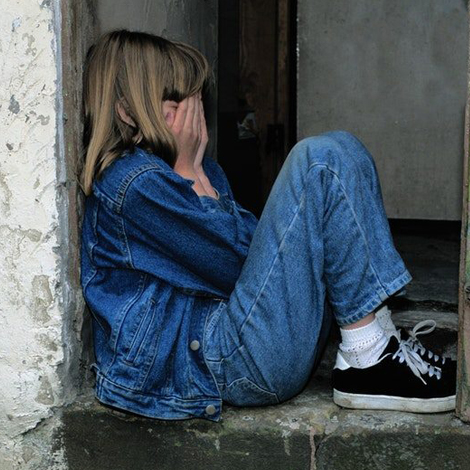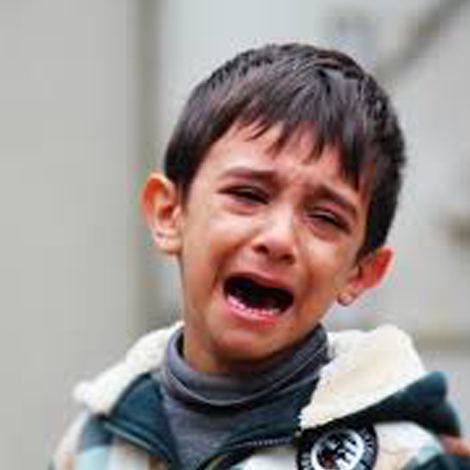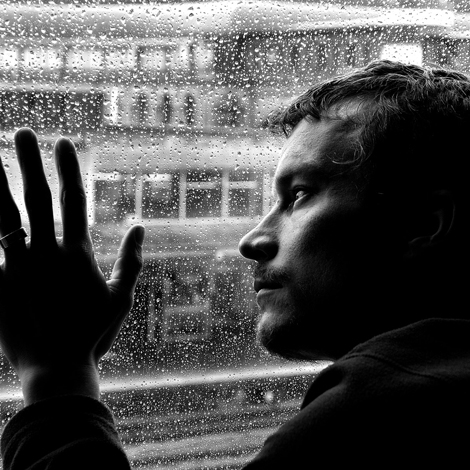Trauma
Trauma is an event, series of events or circumstances that causes physical, mental or emotional distress. It can be something that happens directly to you from your personal experiences or is caused from witnessing harm done to other people.

Acute
Acute trauma happens from a single, unexpected eventor experience such as; a car accident, witnessing a violent event, a medical procedure, living through a natural disaster, or any experience that threatens your physical, mental or emotional safety.
If you suffer from acute trauma you may demonstrate any of the following symptoms:
- Panic or fear
- Confusion
- Zoning out
- Difficulty sleeping
- A loss of appetite
- Change in your behaviour
- Inability to control your emotions
- Being more cautious or vigilant
- Loss of focus at work or school
With the right support most people overcome the effects of acutetrauma fairly quickly.
Complex or Developmental
Complex trauma is cumulative and happens when you are exposed to multiple events that are persistent, repetitive or prolonged. Complex trauma can is described as Developmental trauma when the trauma has been ongoing or sustained from early childhood.These events are severe and pervasive, such as abuse or profound neglect and have a wide-ranging, long-term harmful impact.
Complex traumatic events and experiences are;
- Repetitive, prolonged, or cumulative
- Most often interpersonal, involving direct harm, exploitation, and maltreatment including neglect/abandonment/hostility by primary caregivers or other responsible adults.
- Often occur at developmentally vulnerable times, especially in early childhood or adolescence.
Complex developmental trauma can have a devastating effect on a child’s sense of identity and safety as it adversely affects their;
- Ability to form healthy relationships
- Long-term physical health
- Ability to regulate their emotions or control their behaviour
- Capacity to concentrate, think and learn
- Ability to think positively about the future
Complex trauma usually requires more in-depth therapeutic work to restore a sense of safety, to control your emotions, thoughts and memories and to generate hope for your future that is no longer dictated by your past.


Post-Traumatic Stress Disorder
(PTSD) is diagnosed when you experience an event or events in your life that is outside the realm or normal experiences and the trauma suffered shapes your mind and body. PTSD is characterized by three main types of symptoms:
- Reliving or re-experiencing the event through intrusive distressing recollections of the event, flashbacks and nightmares.
- Emotional numbness and avoidance of places, people, and activities that are reminders of the trauma.
- Increased arousal such as difficulty sleeping or concentrating, feeling jumpy, being easily irritated and angered, suffering from anxiety and depression.
You may also experience the sense of being an outside observer or detached from yourself (e.g., feeling as if "this is not happening to me") or that things are distorted (e.g., "things are not real"). PTSD is categorised as a mental illness whereyour symptoms can be effectively managed to help restore your normal functioning and engagement with everyday living.